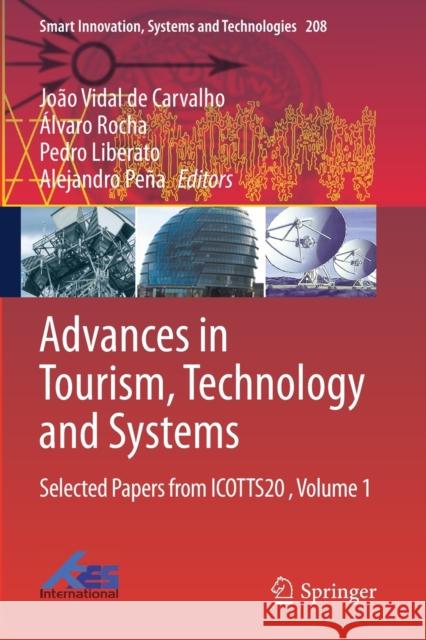Advances in Tourism, Technology and Systems: Selected Papers from Icotts20, Volume 1 » książka
topmenu
Advances in Tourism, Technology and Systems: Selected Papers from Icotts20, Volume 1
ISBN-13: 9789813342583 / Angielski / Miękka / 2021 / 598 str.
Advances in Tourism, Technology and Systems: Selected Papers from Icotts20, Volume 1
ISBN-13: 9789813342583 / Angielski / Miękka / 2021 / 598 str.
cena 1207,67
(netto: 1150,16 VAT: 5%)
Najniższa cena z 30 dni: 1079,53
(netto: 1150,16 VAT: 5%)
Najniższa cena z 30 dni: 1079,53
Termin realizacji zamówienia:
ok. 22 dni roboczych.
ok. 22 dni roboczych.
Darmowa dostawa!
Kategorie:
Kategorie BISAC:
Wydawca:
Springer
Język:
Angielski
ISBN-13:
9789813342583
Rok wydania:
2021
Ilość stron:
598
Waga:
0.82 kg
Wymiary:
23.39 x 15.6 x 3.07
Oprawa:
Miękka
Wolumenów:
01











